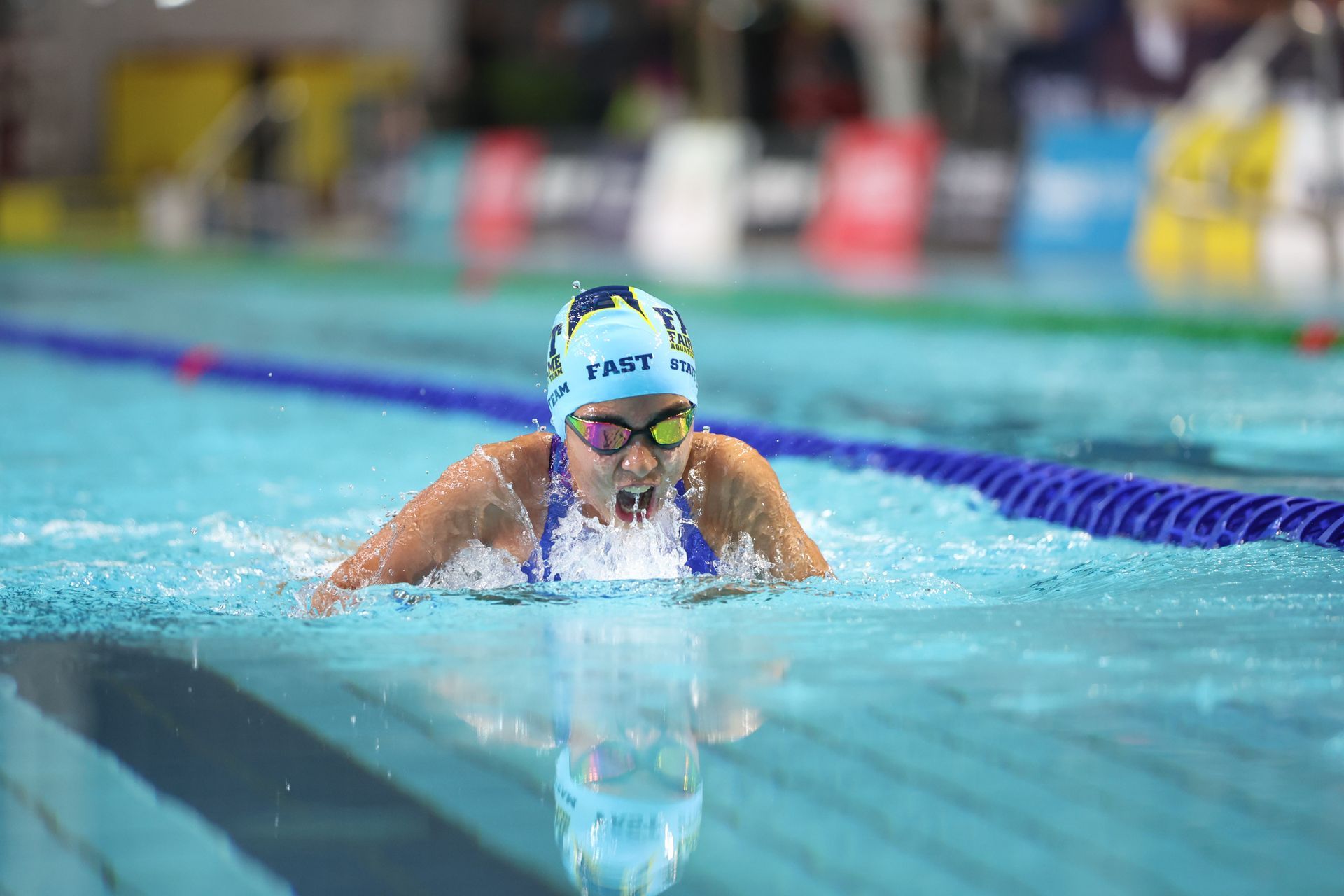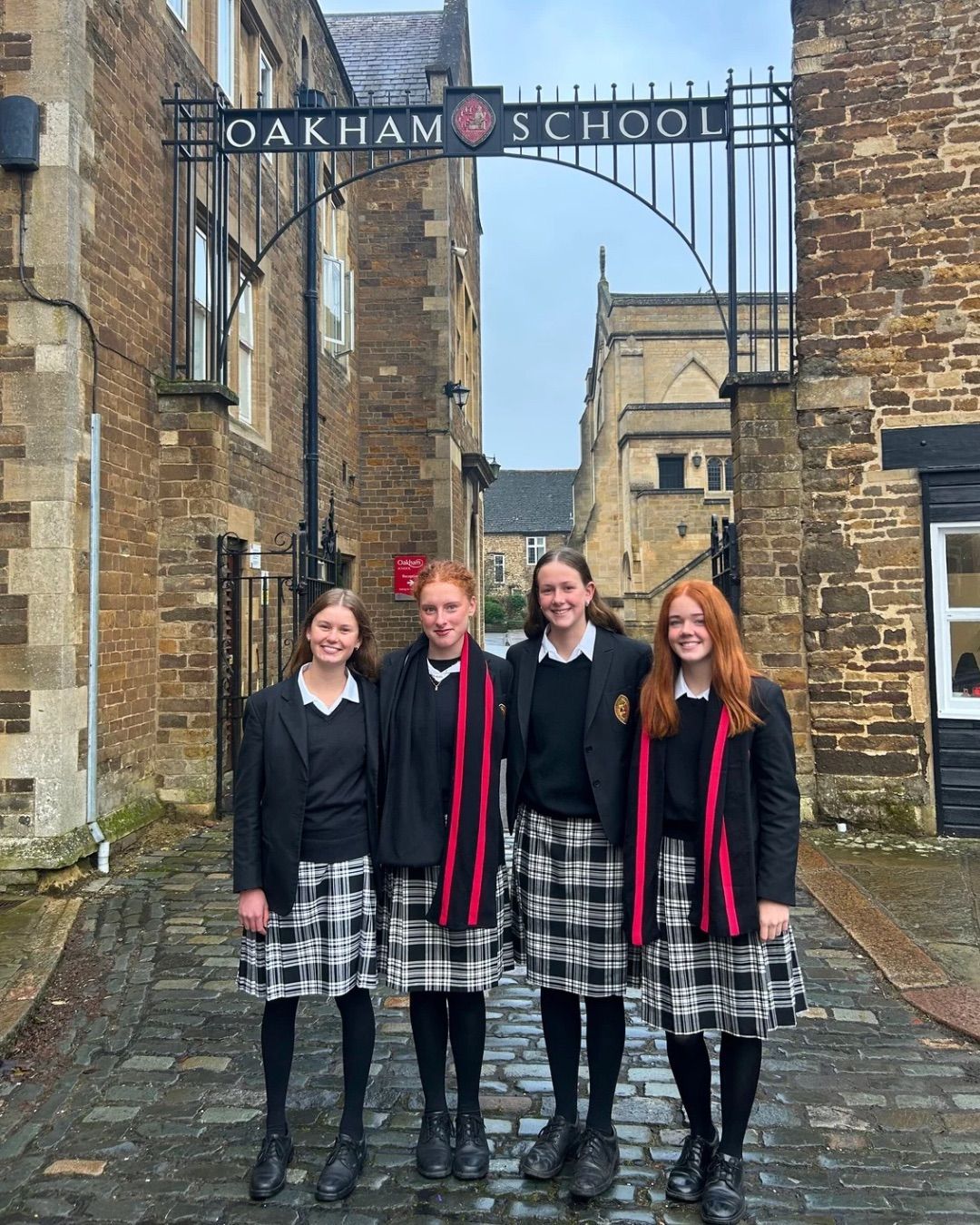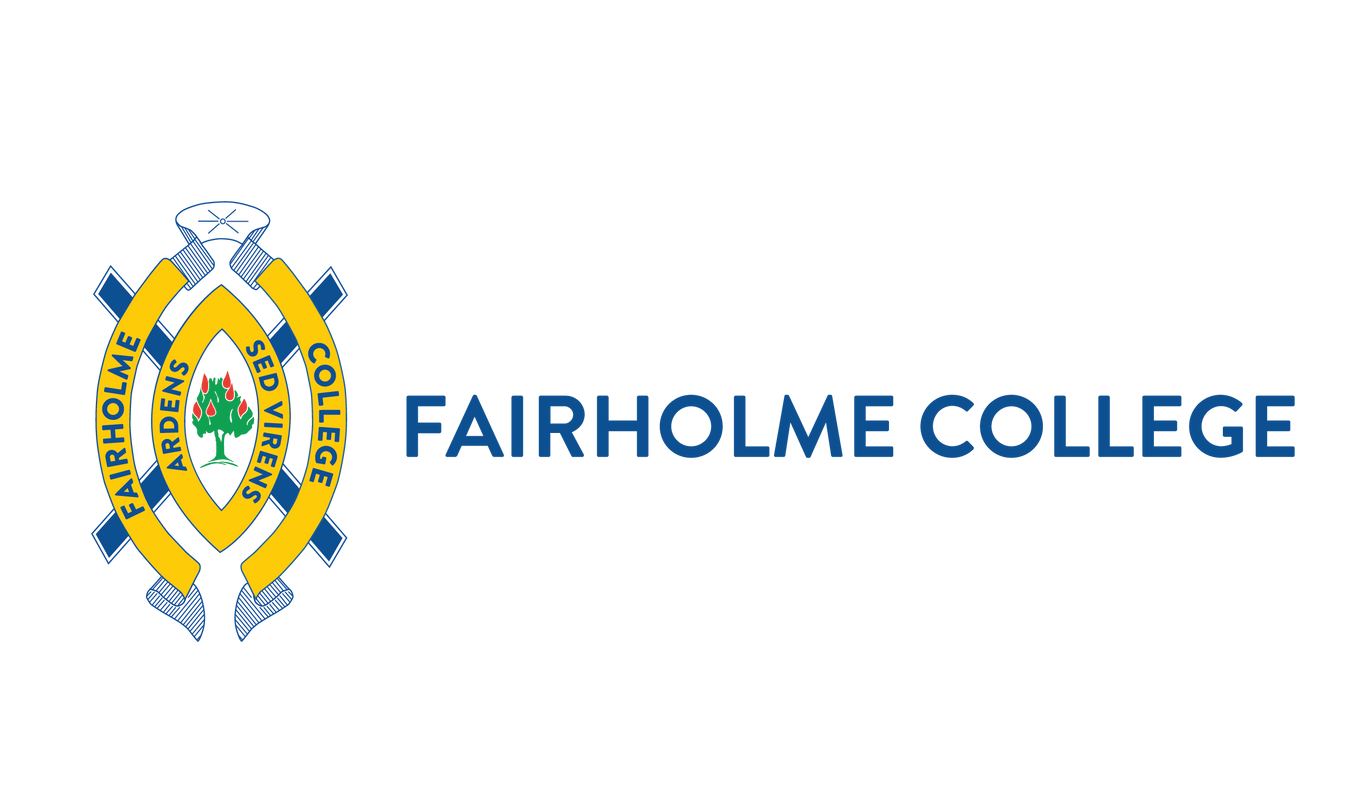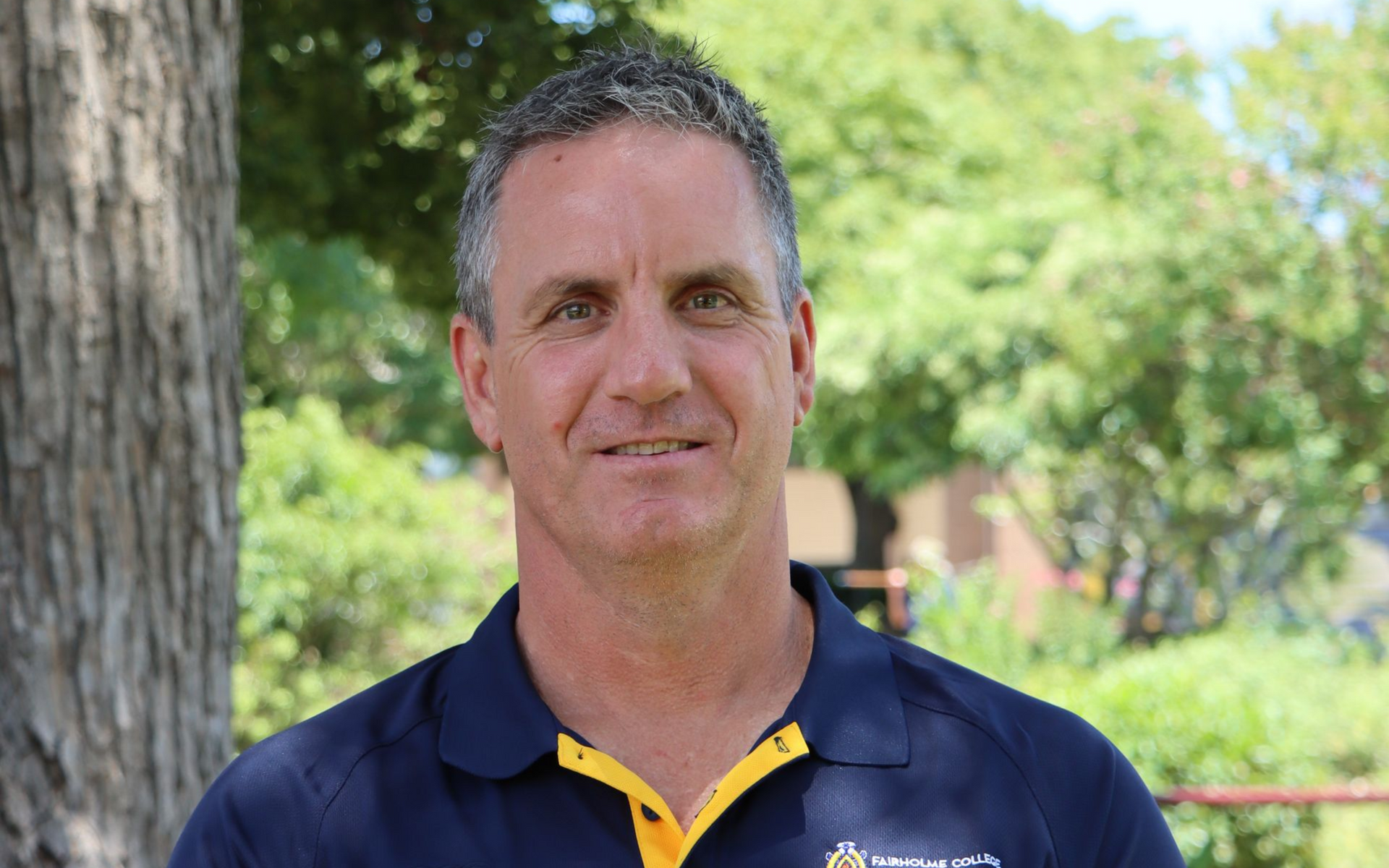12 Seconds
What’s 12 seconds worth? If you were asked to wait for 12 seconds to receive your take-away coffee…
What’s 12 seconds worth? If you were asked to wait for 12 seconds to receive your take-away coffee, or for a red light to change to green, or the air conditioner to take effect, you’d barely flinch. For a 100 metre sprinter it’s an impressive time, though not Olympic-worthy. For most of us, though, it’s a somewhat irrelevant detail, a quick passage of time that passes, often unnoticed.
For a swimmer – particularly, a sprinter –12 seconds is monumental. Yet, it is more than the difference between first and last in a race; it is also the quantitative depiction of years of training, and a measurement of effort, work and improvement. Teacher, psychologist and author, Angela Duckworth, would describe 12 seconds of betterment in a 50-metre swimming race as a representation of ‘grit’ – ‘the passion and perseverance for very long-term goals’ (Duckworth, 2013).
Listening to this year’s Swimming Captain, Lily Seckler speak to the TSSS (Toowoomba Secondary Schools) swimmers at their dinner, was a privilege. There were lots of reasons to delight in Lily’s speech; she is a reluctant public speaker and yet her words were considered, deeply reflective and delivered with clarity and honesty. Through this, the hard work of committed swimmers – those girls who religiously inhale chlorine and form a deep attachment with early mornings and straight black lines – was recognised and acknowledged.
Of course, what any dedicated athlete learns is so much more than an improvement in technique and time. They learn that ‘it’s not the will to win that matters — everyone has that. It’s the will to prepare to win that matters.’ (American Football Coach Paul 'Bear' Bryant). The will to prepare means practice and for a swimmer that equates to hours too numerous to count.
Lily shared some of her own poolside journey – her sense of achievement in the 12 seconds that she has shaved from her 50-metre backstroke time over the past seven years. Imagine how many kilometres of swimming and how many hours of practice constitute that 12 seconds of tangible improvement. Lily also spoke of swimming in terms of perseverance, work ethic and disappointment; so much about life learning achieved is in those early morning and late afternoon daily sessions. It was the word 'disappointment' that struck me the most. Lessons in disappointment are hard to manage for us all but they can also drive us on to betterment of ourselves and our achievements. When we apply Duckworth’s grit and allow ourselves to learn disappointment, we allow ourselves to learn growth.
As a researcher, Angela Duckworth went with her team to West Point Military College to predict which cadets would stay in the Defence forces and which wouldn’t; they studied beginning teachers in difficult schools to see who would persevere and who wouldn’t, and they even went to the National Spelling Bee to see if they could predict those who would advance furthest in the competition (Duckworth et. al. 2013). Their findings? The most significant predictor of success was not IQ, physical health or social intelligence, it was … grit. Stanford University lecturer and researcher, Dr Carol Dweck, refers to the application of grittiness as developing a growth mindset. The term itself has had a lot of focus, particularly in the burgeoning field of positive psychology, but that doesn’t diminish its relevance.
Last week, Fairholme girls lined the path for our TSSS swimmers as they headed to their interschool competition. These tartan-clad well-wishers were there vocally willing each swimmer on to her best performance, but more than that, they were, consciously or not, celebrating grit, hard work and perseverance, or, in Dweck’s language, they were acknowledging the effects of a growth mindset. Twelve seconds makes a huge difference in a 50-metre swimming race.
Of greater significance, in the life arena, is the immeasurable value of a work ethic established through perseverance and, perhaps of even greater importance, the ability to grow through disappointment. Here’s a nod to our athletes, musicians and academics who model, live and flourish through their commitment to practice, and their willingness to move their own skill levels far beyond that which is easily accomplished.
Twelve seconds can reveal a great deal about us, and matter far more than we imagine. Yes, 12 seconds can represent so much more than a delay in a take-away coffee service.
Dr Linda Evans | Principal
References
Duckworth, A. (2013). TED Talk Transcript of ‘Grit: The power of passion and perseverance’
More News…
